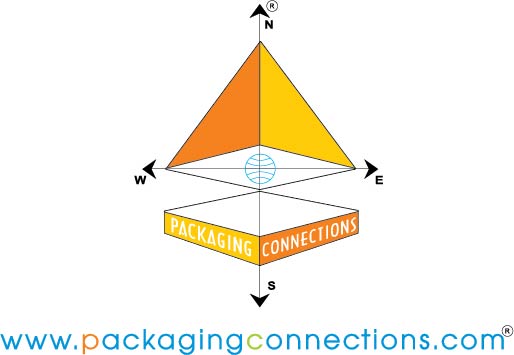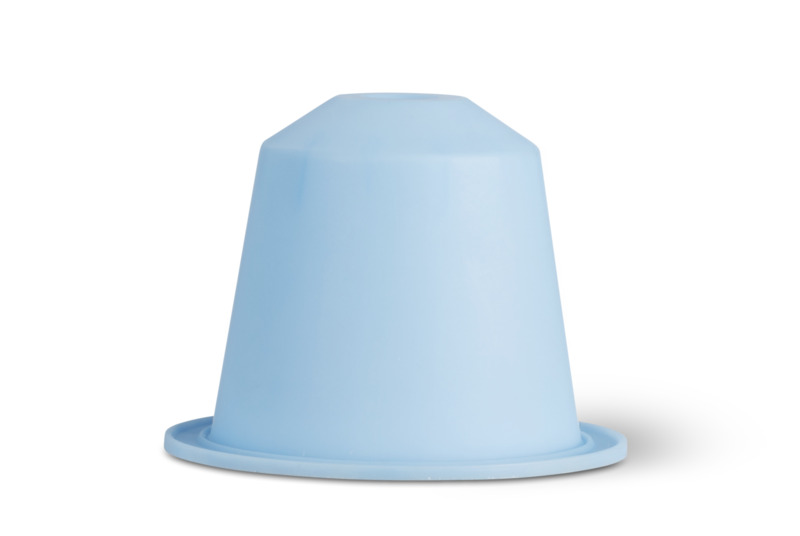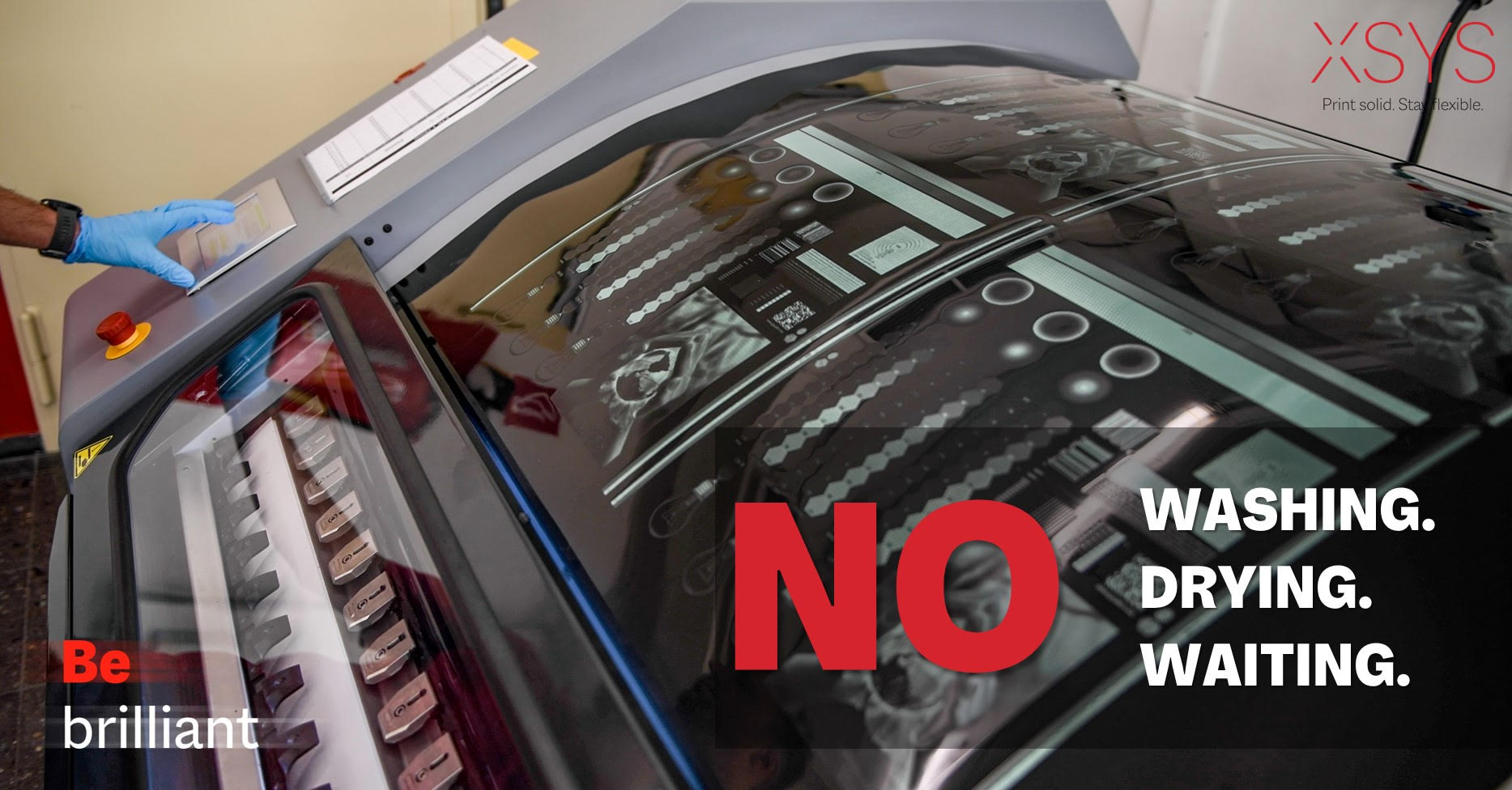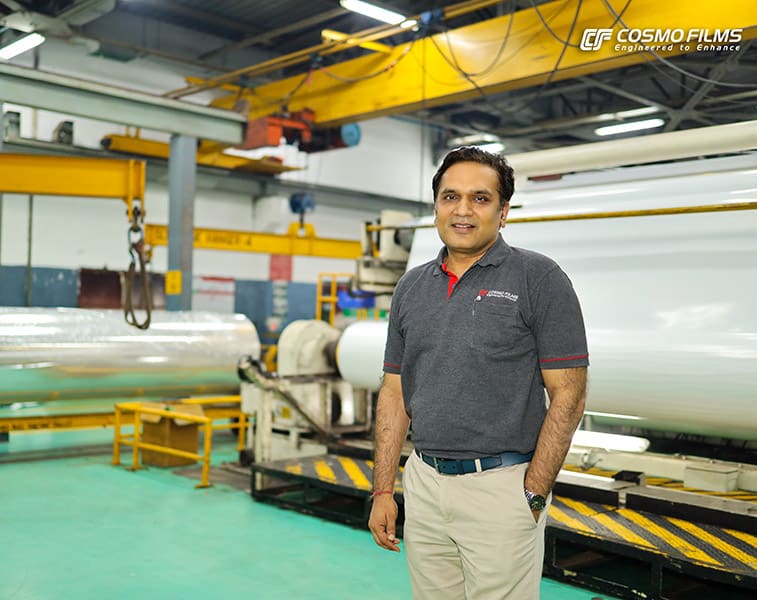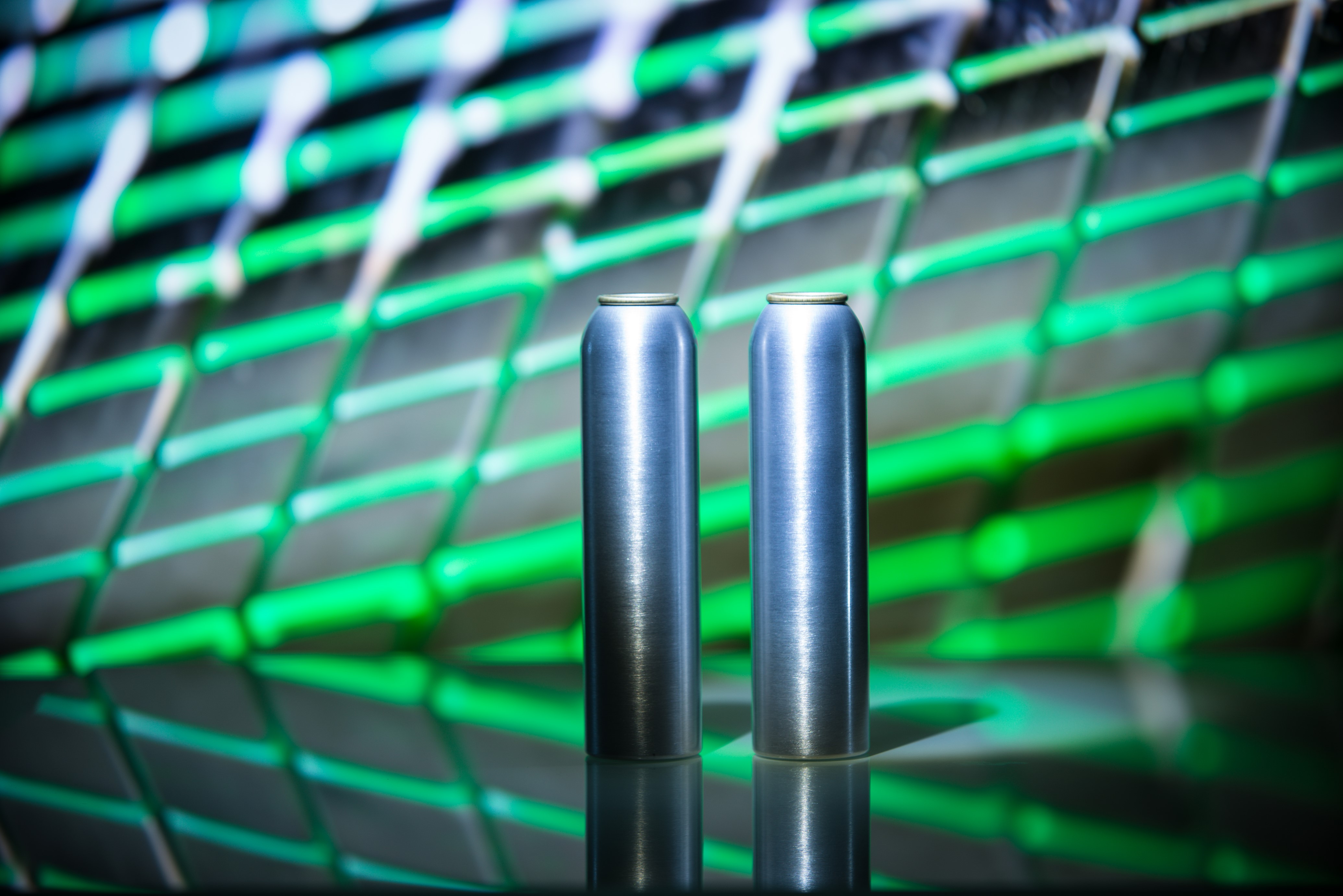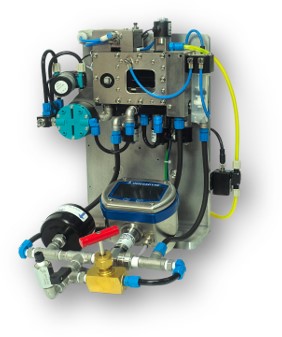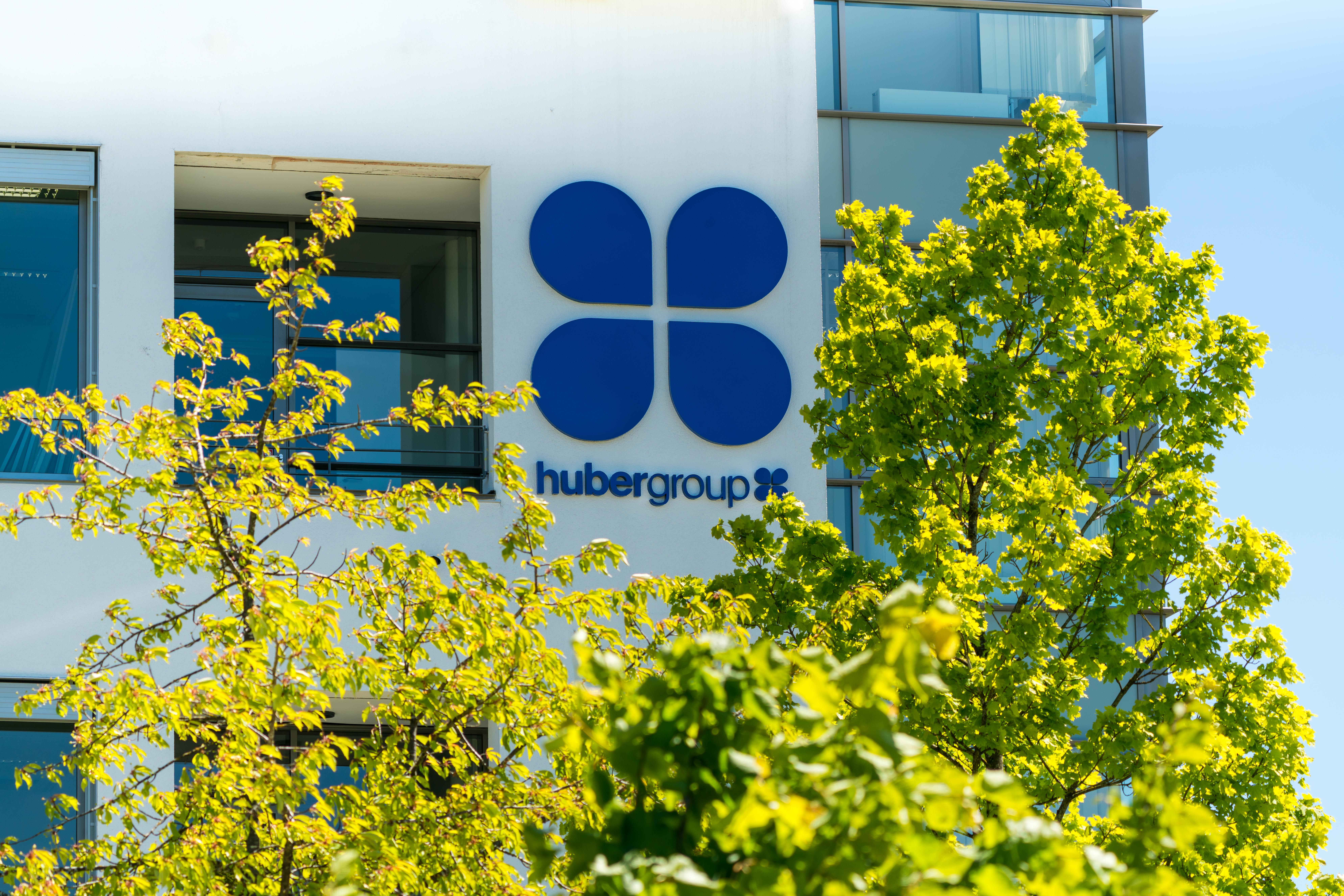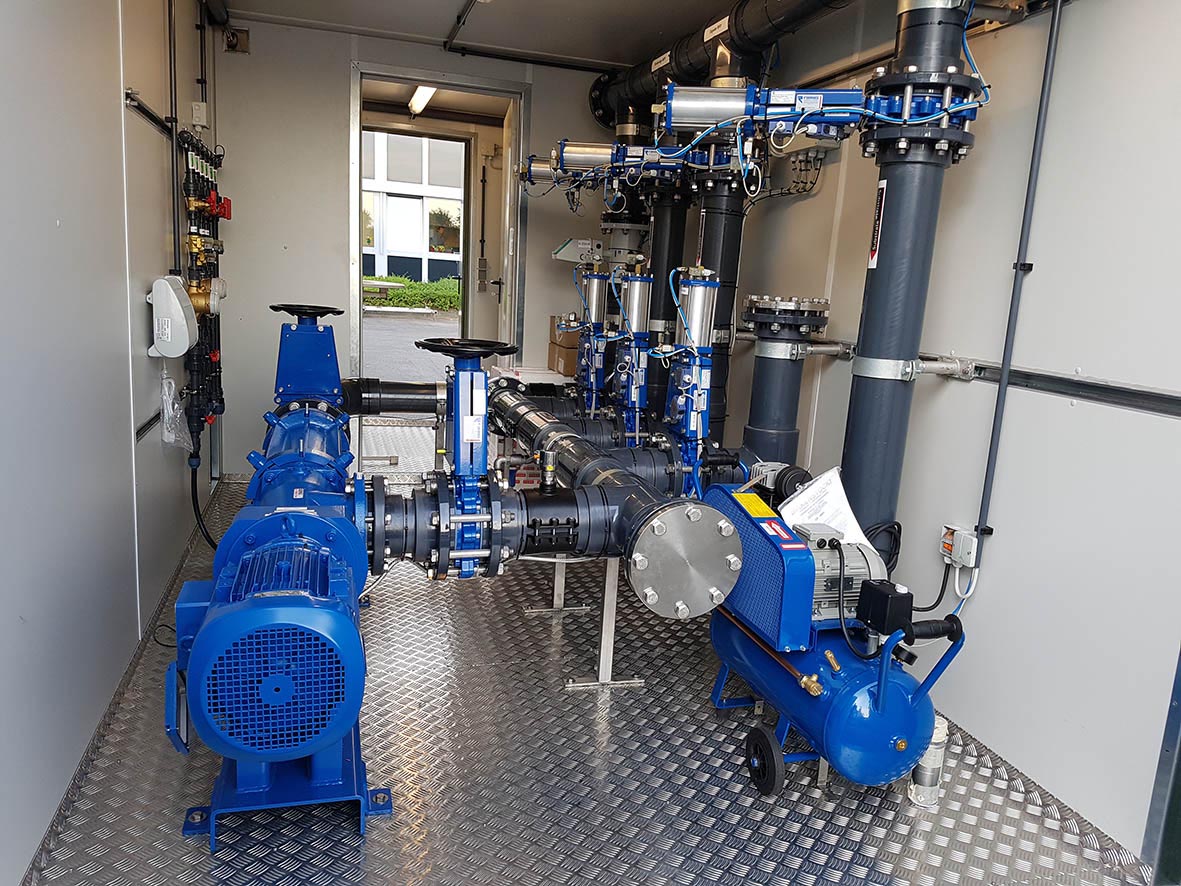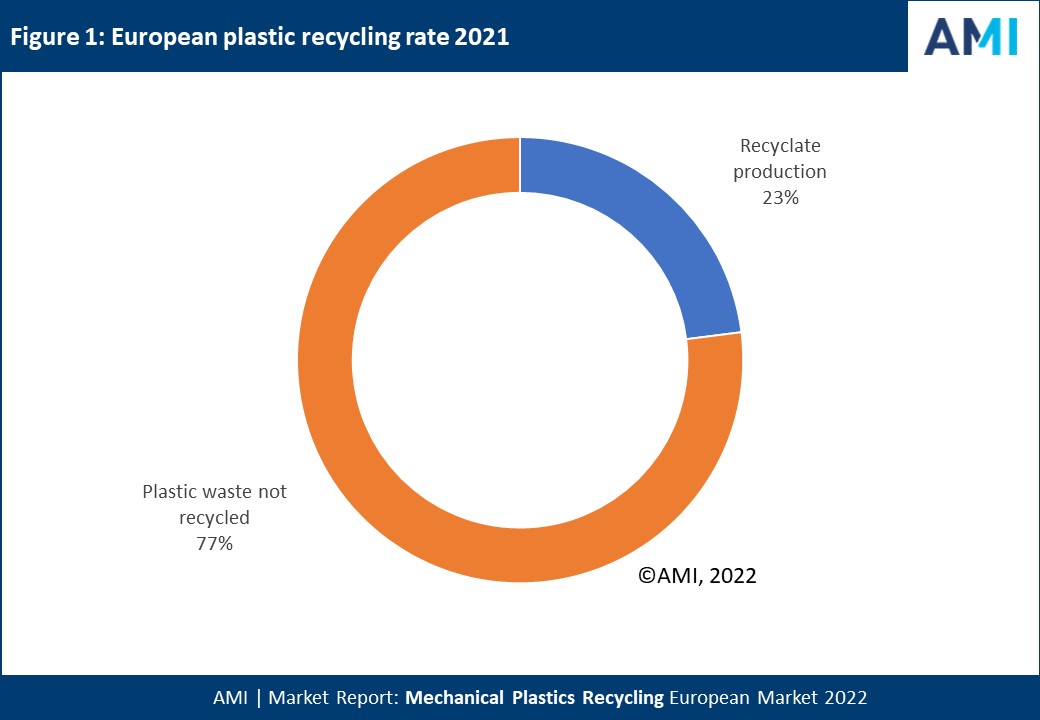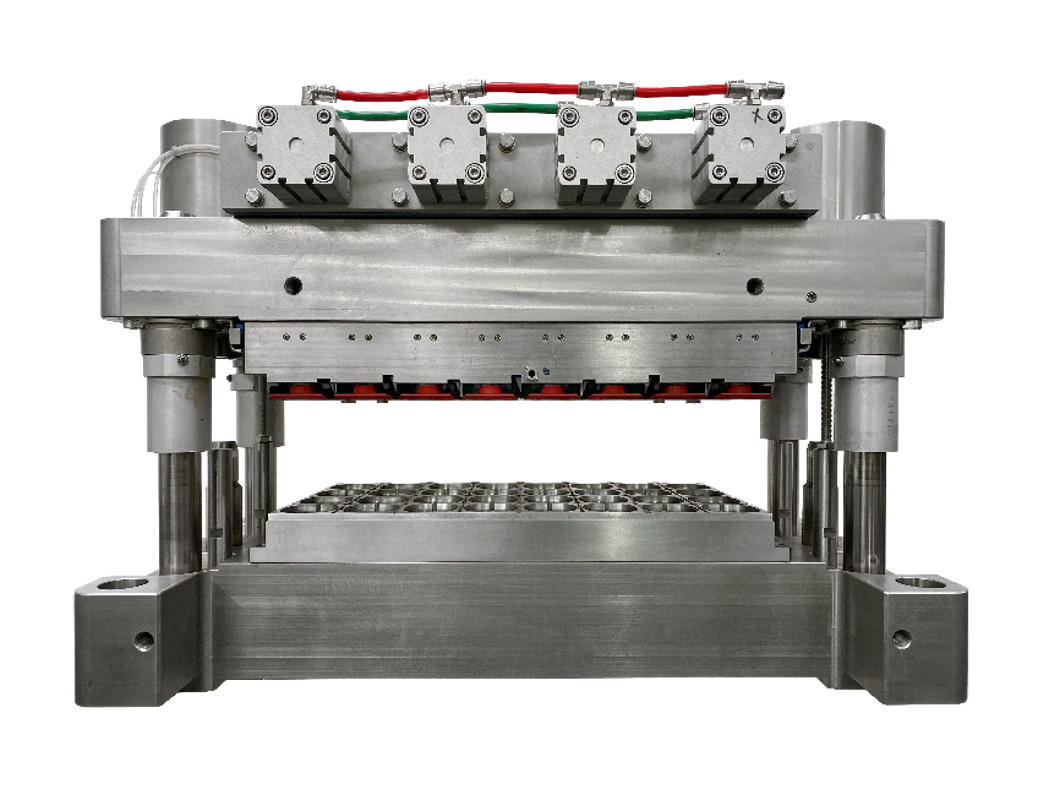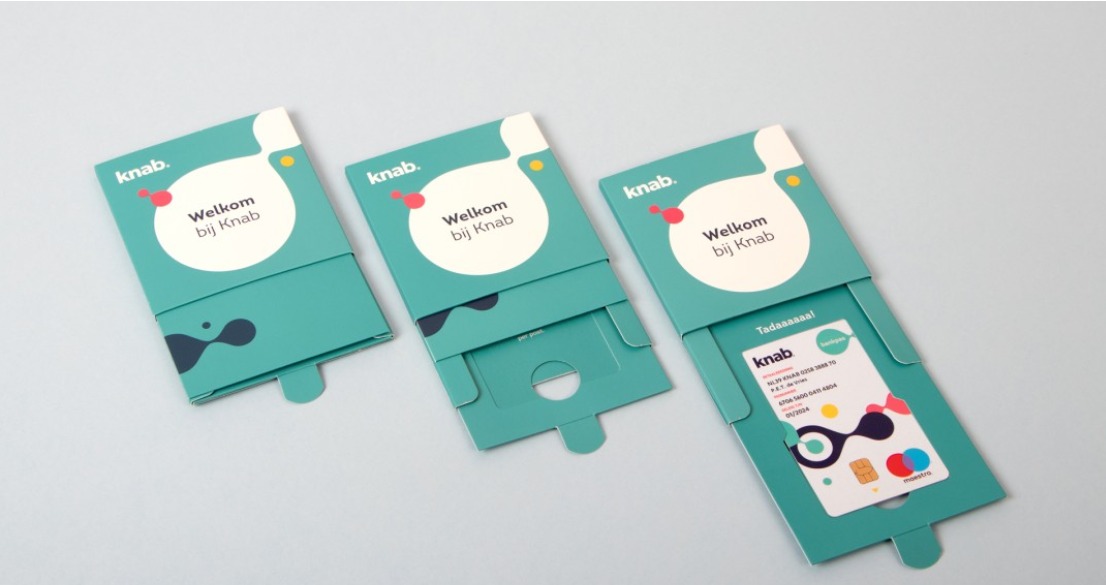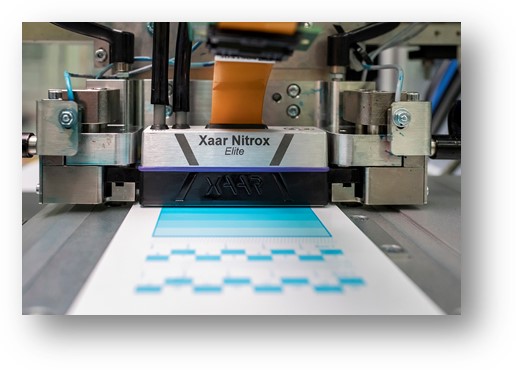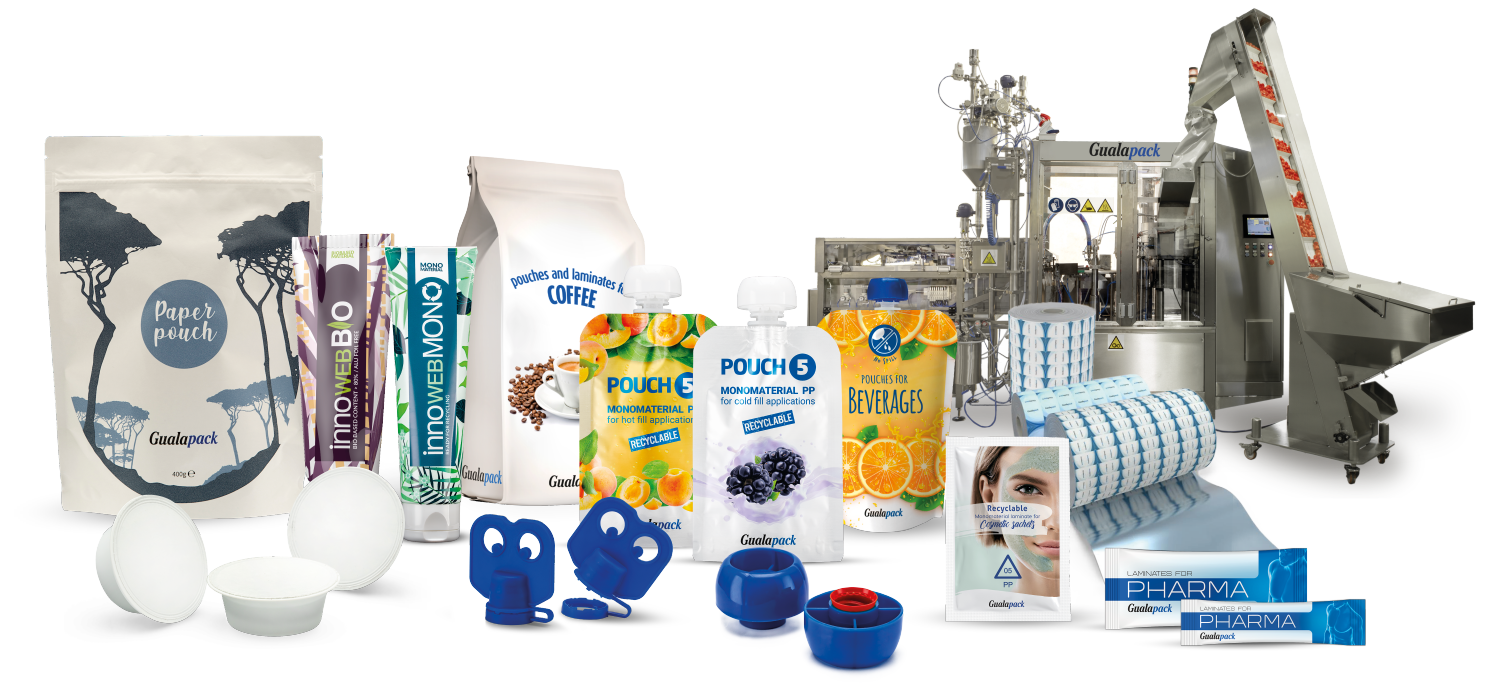The heart of Antares Vision Group’s Traceability Solution, GTS software is among the most widely utilized Level 3 platforms. Its latest upgrades include expanded data integrity protection and enhanced Levels 1 & 2 equipment agnosticism for simplified aggregation.
Antares Vision Group – a leading global provider of hardware and software Track & Trace solutions and a prominent player in inspection systems and smart data management for the life science, food & beverage, nutraceuticals and cosmetics sectors –has made a series of enhancements to its state-of-the-art Global Tracking System software. Among other upgrades, the new version features tightened data integrity protection (DIP), and more easily integrates with off-brand Levels 1 & 2 serialization equipment – an agnosticism providing seamless aggregation.
Antares Vision Group’s Global Tracking System is the heart of various products comprising the company’s track & trace solutions portfolio. Operating on a server, its primary function is to allocate work orders to production lines. Once production has commenced, AV Group GTS receives data from all lines as well as statistics, serialized codes, and audit trails. This information is stored in the site database, where it is accessible via the GTS User Interface.
Antares Vision Group's GTS offers an unsurpassed array of features. Capable of operating both on-premises and through the cloud, the system manages product recipes, associates printing layouts and assimilates camera formats based on specific products. With virtually no batch size limitations, it oversees serialization rules per all current global regulations (sequential, alpha-numeric, random, etc.). Notably, it can store multiple recipes per production line – a sizable advantage for companies serving countries with disparate track & trace regulations.
Unlike newer players in its space, GTS has nearly two decades as the progressively-improved core of track & trace systems. Among other key differentiators, its flexibility and compatibilty lead to a comparably low cost of ownership, with seamless remote implementation and regular upgrades readily available. Its central recipe management includes camera formats as well as label layout – another perk that separates it from competing solutions.
Depending on customer needs, AV Group GTS can receive serialization numbers from Level 4, or locally generate serial number pools independent of Level 4. The system can communicate with multiple Level 4-5 cloud systems, making it capable of interfacing with both in-house brand owners and external contract manufacturing organizations (CMOs),
Upon receiving production data from an Enterprise Resource Planning system, AV Group GTS seamlessly allocates work orders to production lines. Utilizing a centralized configuration repository for all line equipment, it also allows data to be loaded from other applications manually where required. At a work order's completion, AV Group GTS returns production data and statistics to the ERP.
Combined, these features yield various advantages that set AV Group GTS apart from many competing solutions. Crucially, its ability to optimize batch assignments can result in substantially less downtime. Its intuitive web-based interface also reduces deployment and training time, and line upgrades can be completed individually, simplifying updates.
Quality control also is simplified, owed to the full separation between Level 2 and Level 3 setups, and the ability to run on two different software versions. Recipe management with all-line setup information for the PLC, vision system and printer information results in decreased production changeover time, and reduced waste from human error during manual changeover.
In addition, AV Group GTS' centralized storage reduces management time and ensures reliable backup of all critical recipe information. It also helps guarantee consistency across all production lines, providing change control management of the recipe data and simplification of label management and validation.
About Antares Vision Group
It provides a unique and comprehensive ecosystem of technologies to guarantee product quality (inspection systems and equipment) and end-to-end product traceability (from raw materials to production, from distribution to the consumer), with integrated data, production and supply chain management, also achieved through the application of artificial intelligence and the use of blockchains.
Antares Vision Group is active in the Life Science sector (pharmaceutical, biomedical devices and hospitals), in the beverage, food and cosmetics industries, and has potential in other sectors. The world leader in Track & Trace systems for pharmaceutical products, it provides the major global manufacturers (over 50% of the top 20 multinationals) and numerous government authorities with solutions to monitor their supply chains and validate product authenticity.
Listed since April 2019 on the Italian Stock Exchange in the AIM (Alternative Investment Market) segment, and from 14 May 2021 in the STAR segment of the MTA (Electronic equity market), Antares Vision Group recorded a turnover of Euro 162 million in 2020, operates in 60 countries, employs around 1000 people and has a consolidated network of over 40 international Partners.
Further information please visit www.antaresvision.com and www.antaresvisiongroup.com.
